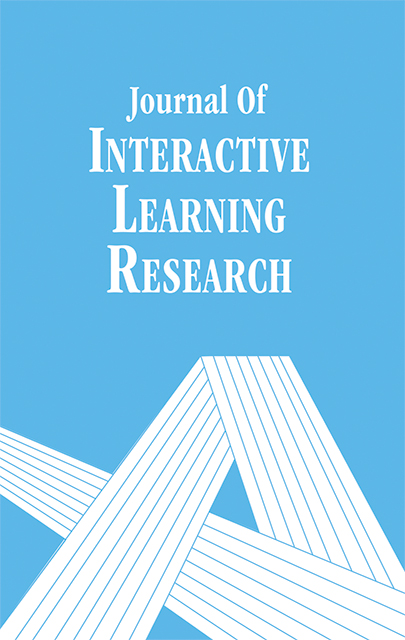
Artificial Intelligence Implications for Academic Cheating: Expanding the Dimensions of Responsible Human-AI Collaboration with ChatGPT
Jo Ann Oravec, University of Wisconsin-Whitewater, United States
Journal of Interactive Learning Research Volume 34, Number 2, ISSN 1093-023X Publisher: Association for the Advancement of Computing in Education (AACE), Waynesville, NC
Abstract
Cheating is a growing academic and ethical concern in higher education. The technological “arms race” that involves cheating-detection system developers versus technology-savvy students is attracting increased attention to cheating issues; it is also generating iterations of technological innovations as corporations, higher educational institutions, and legal experts attempt to control the situation. Artificial intelligence (AI) has added new dimensions to academic cheating challenges as students (as well as faculty and staff) can easily access powerful systems for generating content that can be presented in assignments, exams, or published papers as their own. AI methodology is also providing some emerging anti-cheating approaches, including facial recognition and watermarking. This paper provides an overview of human/AI collaboration approaches and frames some educational misuses of ChatGPT as forms of “misattributed co-authorship.” As with other kinds of collaborations, the work that students produce with AI assistance can be presented in transparent and straightforward modes or (unfortunately) in opaquer and ethically-problematic ways. However, rather than just for catching or entrapping students, the emerging varieties of technological cheating-detection strategies can be used to assist students in learning how to document and attribute properly their AI-empowered as well as human-human collaborations. Construing misuses of ChatGPT as misattributed co-authorship can recognize the growing capabilities of AI systems and how stressing responsible and mindful usage by students can help prepare them for a highly collaborative, AI-saturated future.
Citation
Oravec, J.A. (2023). Artificial Intelligence Implications for Academic Cheating: Expanding the Dimensions of Responsible Human-AI Collaboration with ChatGPT. Journal of Interactive Learning Research, 34(2), 213-237. Waynesville, NC: Association for the Advancement of Computing in Education (AACE). Retrieved August 31, 2024 from https://www.learntechlib.org/primary/p/222340/.
© 2023 Association for the Advancement of Computing in Education (AACE)
